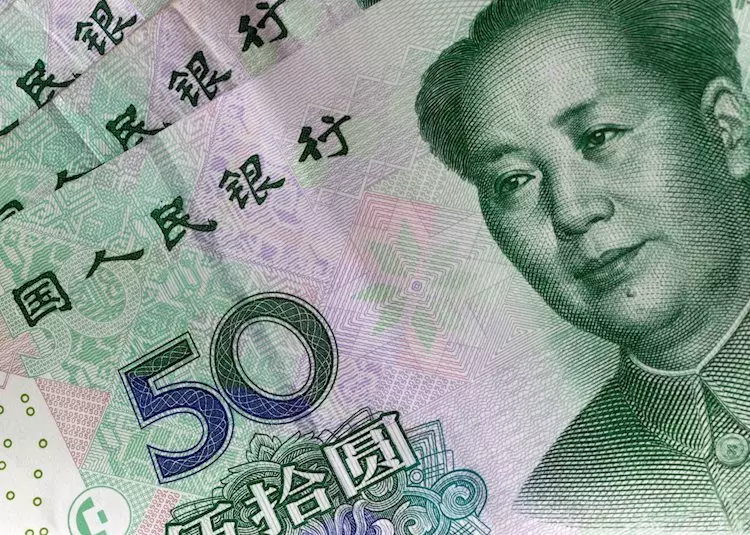The most recent Consumer Price Index (CPI) report from China for the month of July revealed some interesting data. According to MUFG FX analyst Lee Hardman, the headline inflation increased slightly by 0.3 points to 0.5% in July. However, the core measure of inflation saw a decline to 0.4% from 0.6% in the previous months. Additionally, the Producer Price Index (PPI) report showed ongoing deflationary pressures with a fall of -0.8% on an annual basis in July.
The combination of inflation trends and a slowdown in growth momentum during the second quarter of the year is expected to put pressure on the People’s Bank of China (PBoC) to consider further rate cuts. With headline inflation still relatively low and producer prices in deflation territory, policymakers may need to take additional measures to stimulate economic activity.
Following the release of the CPI and PPI reports, the Chinese renminbi experienced some fluctuations in the foreign exchange market. After reaching a low of 7.1153 against the US dollar on August 5th, the USD/CNY pair has since climbed back towards the 7.1800 level. This reversal in the renminbi’s value can be attributed to recent position liquidation activities, where investors have been closing out their short positions in Asian currencies, including the renminbi.
The renminbi’s appreciation following the PBoC’s rate cuts in the previous month suggests that monetary policy decisions can have a significant impact on currency markets. As China navigates through a challenging economic environment marked by low inflation and sluggish growth, policymakers will need to carefully consider their next steps to support the economy. While further rate cuts may be on the horizon, the effectiveness of such measures in stimulating demand and boosting inflation remains to be seen.
The latest CPI report from China has highlighted the delicate balance between inflation, growth, and monetary policy. As global economic uncertainties persist, the movements in the renminbi and other Asian currencies serve as indicators of market sentiment and investor confidence. China’s policymakers face the challenge of maintaining stability and fostering growth in the face of mounting external pressures and internal economic headwinds.

